
 Podcasts
PodcastsCatch the latest PR news & updates with PRovoke Media's PR Podcasts. Lifting the lid on key industry stories & trends, join our listeners of PR podcasts today.
 Videos
VideosLatest video interviews and campaigns from PRovoke Media, previously known as the Holmes Report.
Long-form journalism that analyzes the issues, challenges and opportunities facing the business and practice of PR.
 Profiles & Interviews
Profiles & InterviewsExplore PR profiles and interviews with leaders from the marketing and PR worlds.
 Crisis Review
Crisis ReviewPR Crisis & Business Crisis review. PRovoke Media's annual analysis of the top reputation crises to rock the corporate sector. Read on here.
 Coronavirus
CoronavirusPRovoke Media's coverage of the Covid-19 crisis, focusing on corporate communication, public affairs & PR industry fallout.
 Trend Forecasts
Trend ForecastsPRovoke Media's PR Trends round up. PRovoke Media's annual forecast of PR trends and news that will impact the PR world in the year ahead...
 Social & Digital
Social & DigitalDedicated to exploring the new frontiers of PR as it dives deeper into social media, content and analytics.
 Technology
TechnologyOur coverage of key technology PR trends and challenges from around the world of digital communications.
 Consumer
ConsumerFrom brand marketing to conscious consumerism, coverage of key marketing and PR trends worldwide.
 Employee Engagement
Employee EngagementPRovoke Media's coverage, analysis and news around the rapidly-shifting area of employee engagement and internal communications.
 Sports Marketing
Sports Marketing Sports PR news, diversity & inclusion trends, views and analysis from PRovoke Media. Subscribe today for the very latest in the world of sports communications.
 Global PR Agency Rankings
Global PR Agency RankingsPRovoke Media's definitive global benchmark of global PR agency size and growth.
Enter PRovoke Media's 2024 Global 250 Agency Ranking and/or our Agencies of the Year competitions now.
 Agencies of the Year
Agencies of the YearPRovoke Media's annual selections for PR Agencies of the Year, across all of the world's major markets.
 Innovator 25
Innovator 25PRovoke Media profiles marcomms innovators from across North America, EMEA and Asia-Pac.
 Creativity in PR
Creativity in PRIn-depth annual research into the PR industry's efforts to raise creative standards.
 Asia-Pacific Communication Index
Asia-Pacific Communication IndexAPACD/Ruder Finn annual study of Asia-Pacific in-house communications professionals.
 SABRE Awards
SABRE AwardsThe world's biggest PR awards programme, dedicated to benchmarking the best PR work from across the globe.
 PRovokeSummit Global
PRovokeSummit GlobalThe biggest PR conference of the year, a high-level forum designed to address the critical issues that matter most.
 PRovoke Media Regional Series
PRovoke Media Regional SeriesA global network of conferences that explore the innovation and disruption that is redefining public relations.
 Agencies of the Year
Agencies of the YearUnrivalled insight into the world's best PR agencies, across specialist and geographic categories.
 Roundtables
RoundtablesOur Roundtables bring together in-house comms leaders with PR firms to examine the future of communications.
 Agency Playbook
Agency PlaybookThe PR industry’s most comprehensive listing of firms from every region and specialty
.jpg) All Jobs
All JobsFind the latest global PR and communications jobs from PRovoke Media. From internships to account executives or directors. See all our PR jobs here.
PRovoke Media's editorial series published in collaboration with partners.
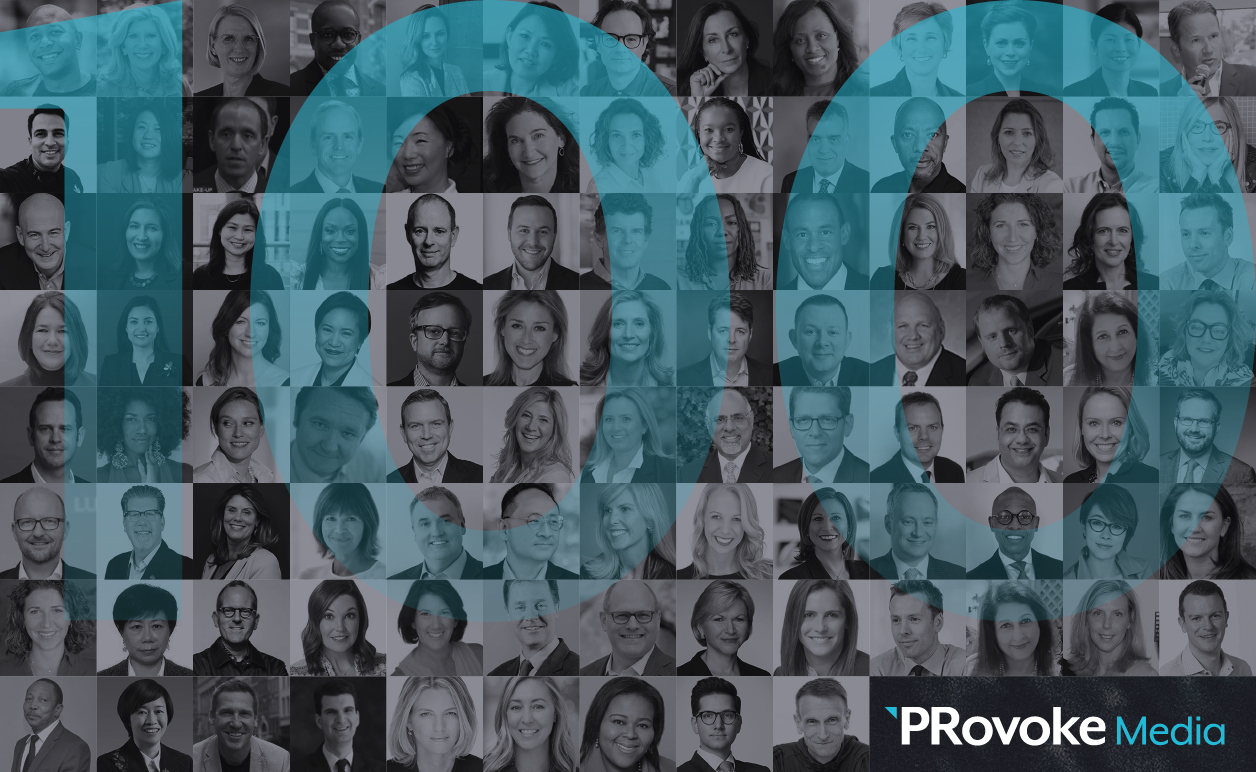
There was a much shorter than usual list of nominees for best communicator among world leaders this year, but for the third year running – again miles ahead of anyone else in terms of mentions – the top spot went to New Zealand’s prime minister Jacinda Ardern, who continued to impress with clear communications around the pandemic.
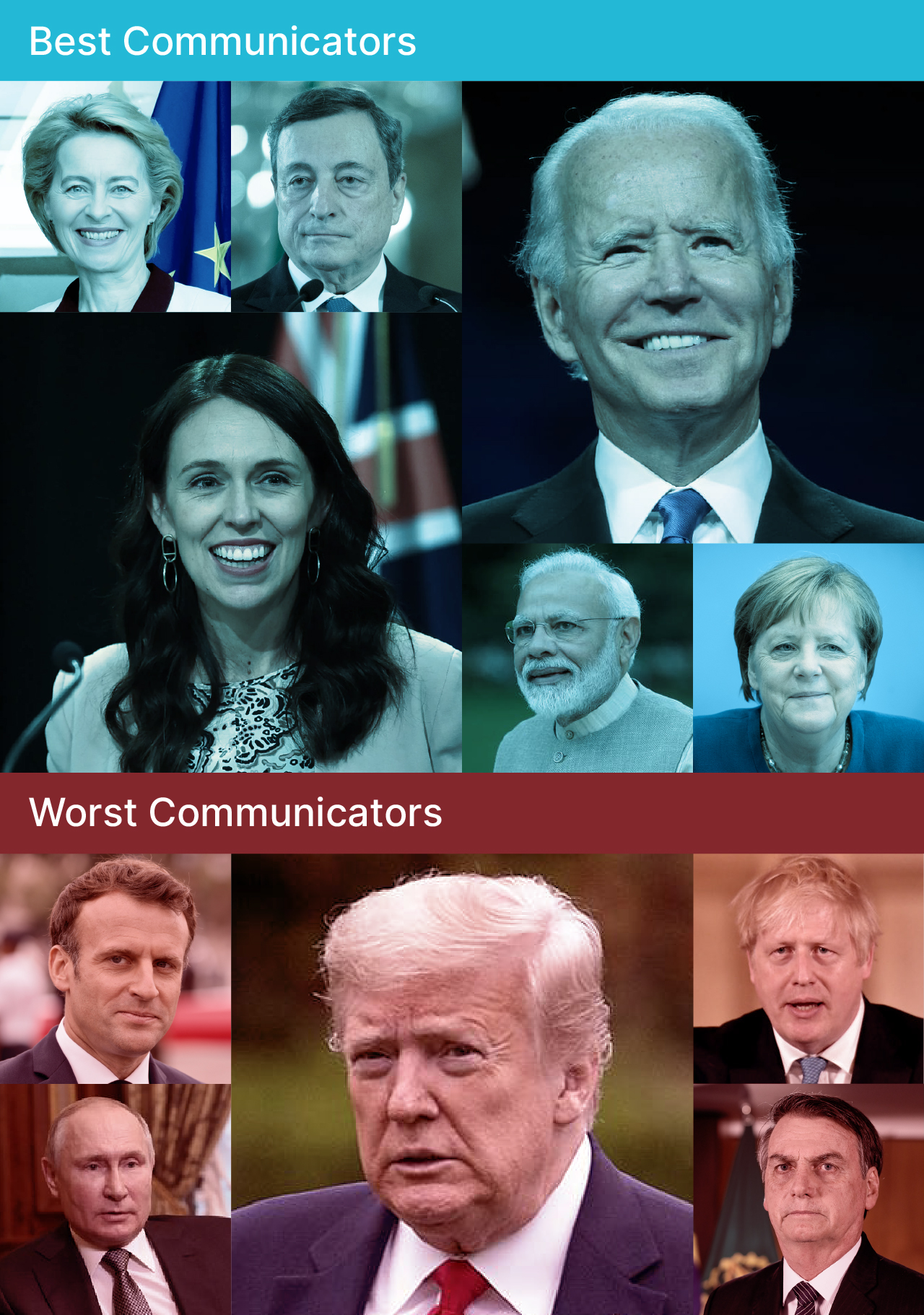 Coming up just behind Ardern on the best communicator list was a new arrival: US president Joe Biden, something of a breath of fresh communications air after the Trump years, whatever your politics. Not surprisingly – the best communicator list also featured other leaders who have handled the pandemic well, including Germany’s Angela Merkel and Italy’s prime minister Mario Draghi. There were also mentions for Ursula von der Leyen, president of the European Commission, who remained dignified in her communications throughout the mess of Brexit.
Coming up just behind Ardern on the best communicator list was a new arrival: US president Joe Biden, something of a breath of fresh communications air after the Trump years, whatever your politics. Not surprisingly – the best communicator list also featured other leaders who have handled the pandemic well, including Germany’s Angela Merkel and Italy’s prime minister Mario Draghi. There were also mentions for Ursula von der Leyen, president of the European Commission, who remained dignified in her communications throughout the mess of Brexit. 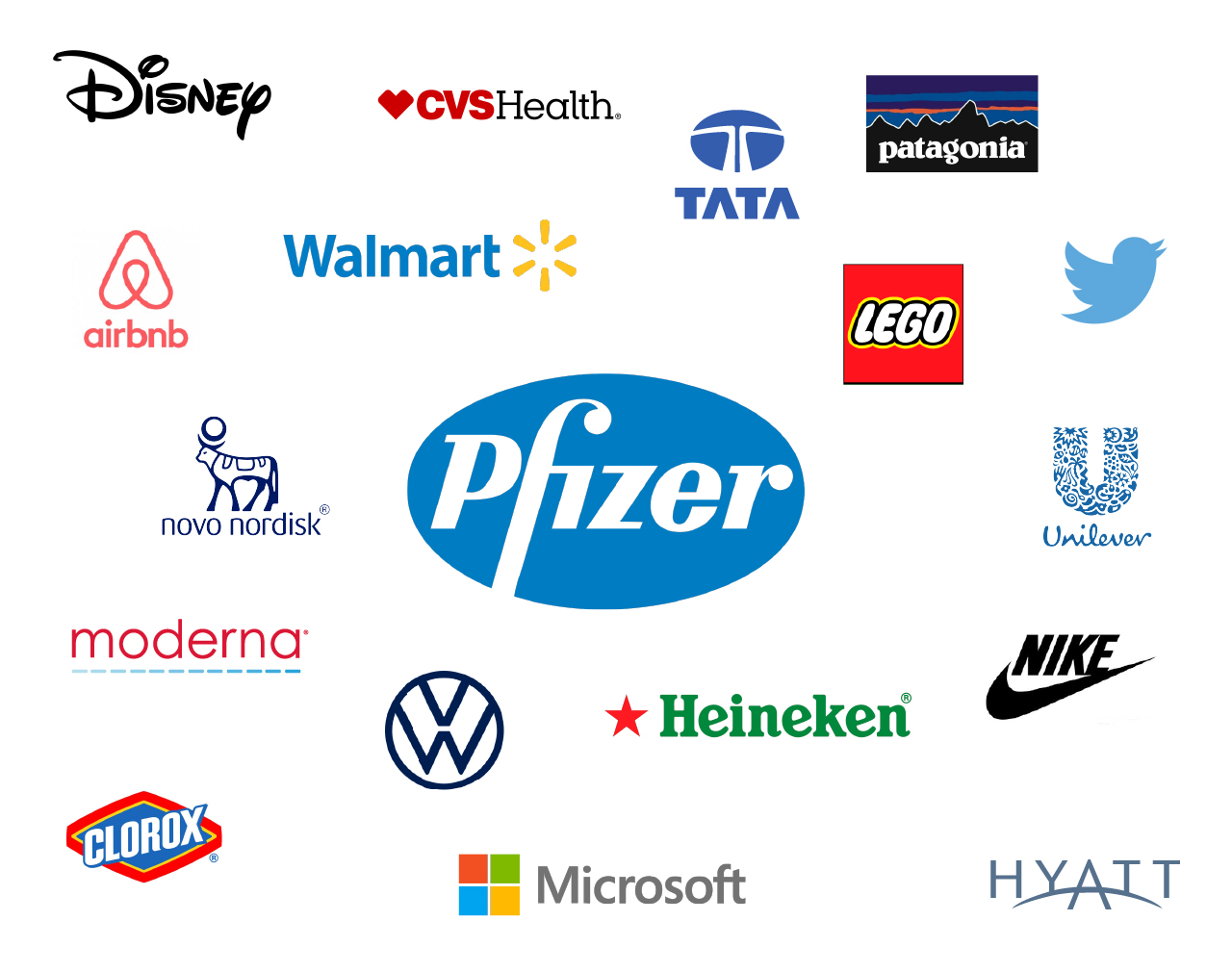
We asked our influencers to name the companies they think have best managed their brand communications and corporate reputation over the past year. One name was head and shoulders above the rest: Pfizer, which was not only first to market with a Covid vaccine but which has smartly navigated a misinformation minefield.
Another vaccine producer, Moderna, also made it onto the list, and there were multiple mentions for Microsoft and Nike (both perennial names on the list), as well as Tata Group. There were also namechecks for Hyatt, AirBnB, Novo Nordisk, Disney, VW, CVS Health, the England football team (under the leadership of Gareth Southgate), Clorox, Heineken, Twitter, Unilever, Walmart, Patagonia, Delta, Lego and HP.
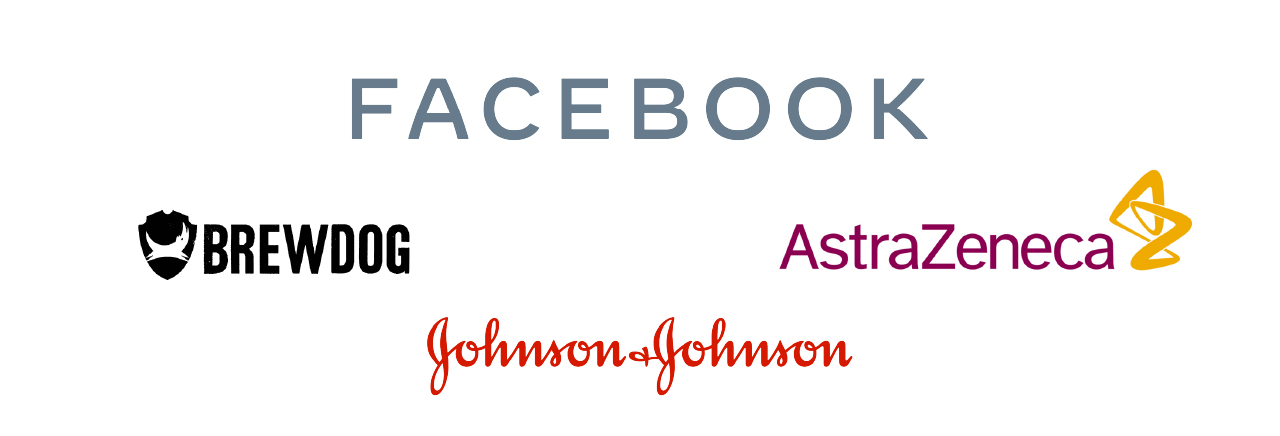 We also asked which company has managed its reputation least effectively over the past year and the result was again unequivocal: sadly for Facebook, for the second year running around half of those who responded named the social media network. There were also repeat mentions for the pharma companies with some of the biggest challenges around Covid vaccine communications, AstraZeneca and J&J, plus – at the other end of the corporate size spectrum –controversial British brewery BrewDog.
We also asked which company has managed its reputation least effectively over the past year and the result was again unequivocal: sadly for Facebook, for the second year running around half of those who responded named the social media network. There were also repeat mentions for the pharma companies with some of the biggest challenges around Covid vaccine communications, AstraZeneca and J&J, plus – at the other end of the corporate size spectrum –controversial British brewery BrewDog.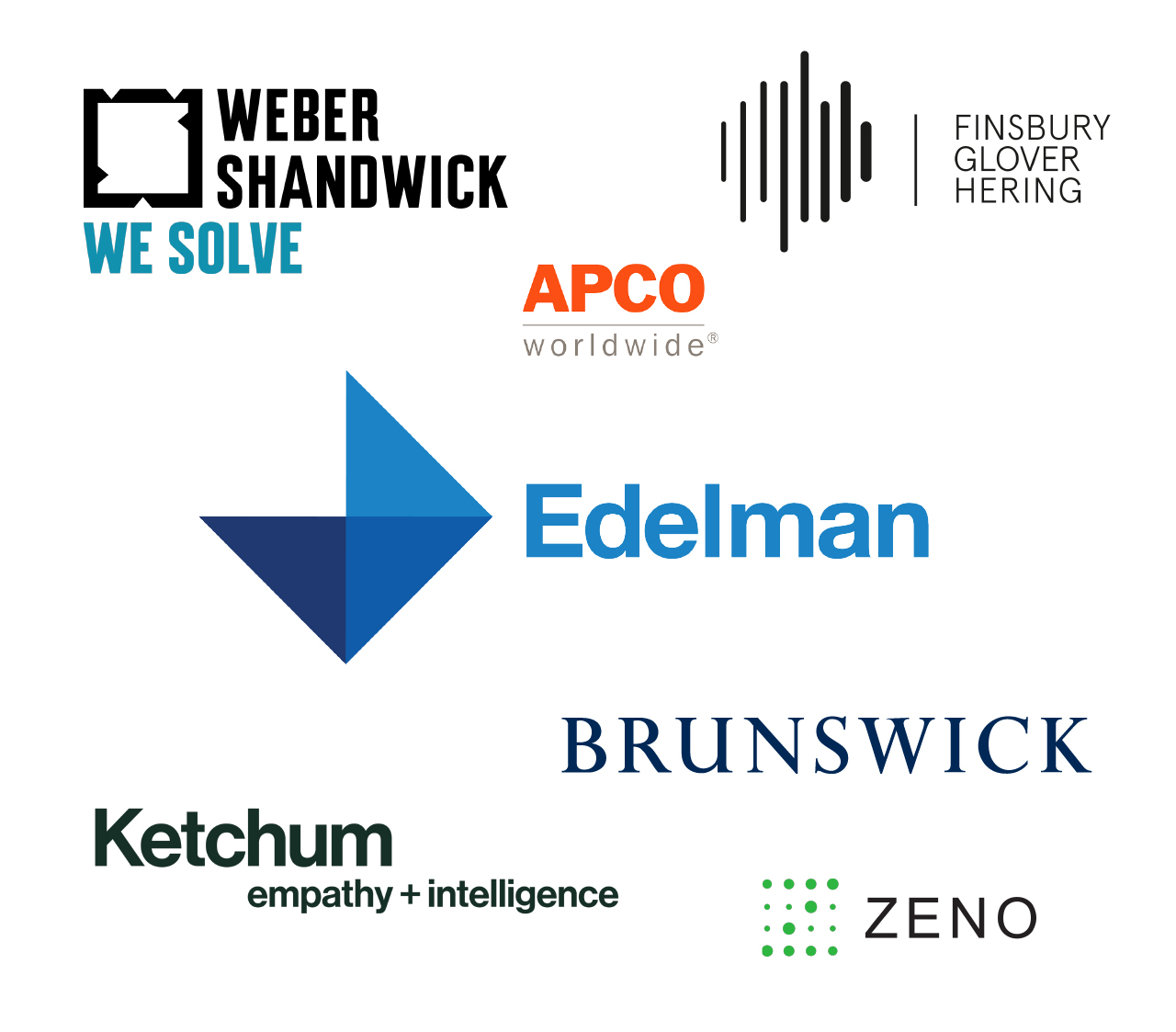 Edelman was, as last year, in the top spot after being temporarily knocked off by Weber Shandwick in 2019 after a six-year straight run of being the most frequently-cited public relations agency when our Influence 100 were asked which firm they most admired. Coming in joint second place with equal mentions were Weber Shandwick, Finsbury Glover Hering, Brunswick and Ketchum, and other agencies with repeat mentions included APCO Worldwide and Zeno.
Edelman was, as last year, in the top spot after being temporarily knocked off by Weber Shandwick in 2019 after a six-year straight run of being the most frequently-cited public relations agency when our Influence 100 were asked which firm they most admired. Coming in joint second place with equal mentions were Weber Shandwick, Finsbury Glover Hering, Brunswick and Ketchum, and other agencies with repeat mentions included APCO Worldwide and Zeno.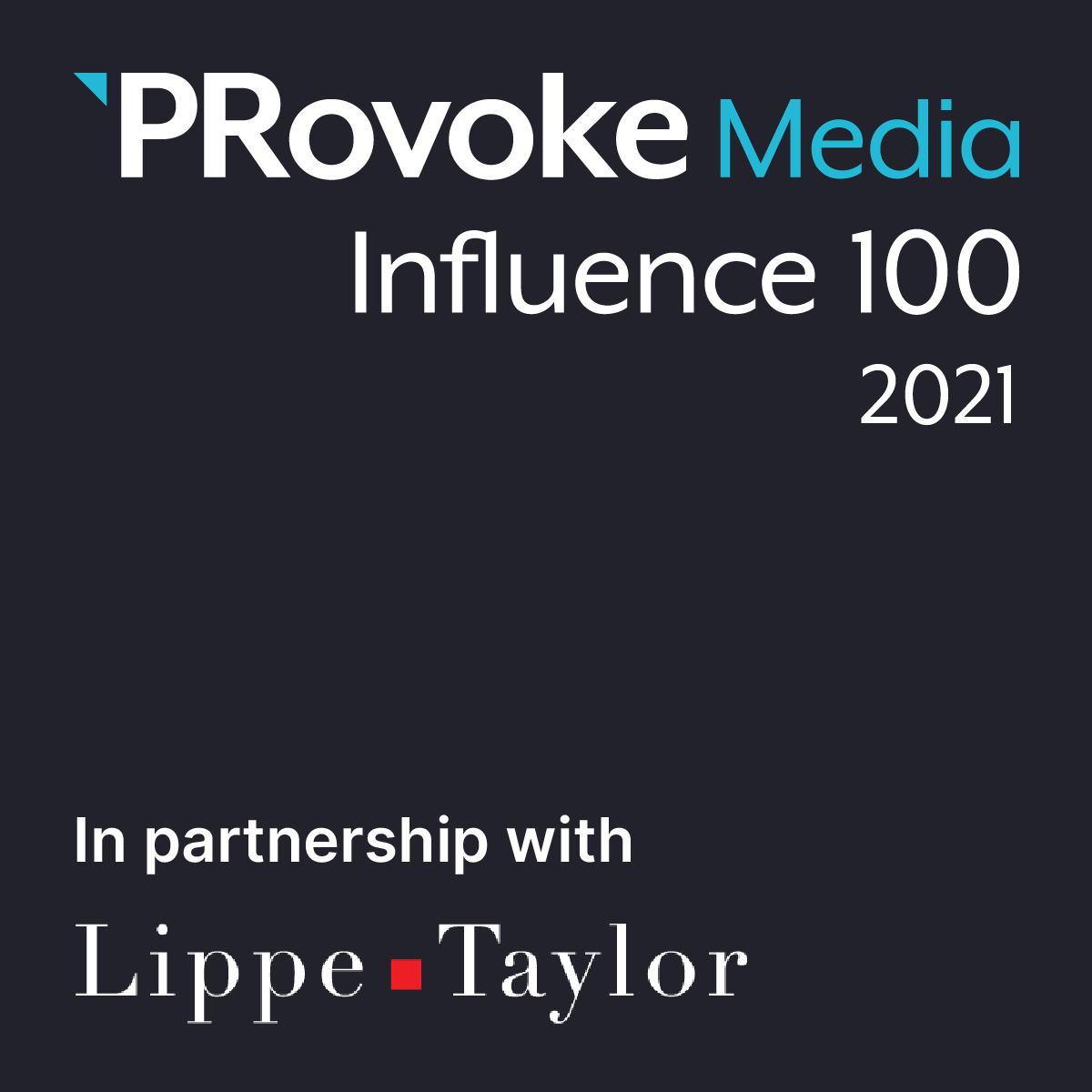




Intelligence and insight from across the PR world.
About PRovoke Media Contact Us Privacy & Cookie PolicyWe feel that the views of the reader are as important as the views of the writer. Please contact us at [email protected]
Signup For Our Newsletter Media Kits/Editorial Calendar Jobs Postings A-Z News Sitemap© Holmes Report LLC 2024